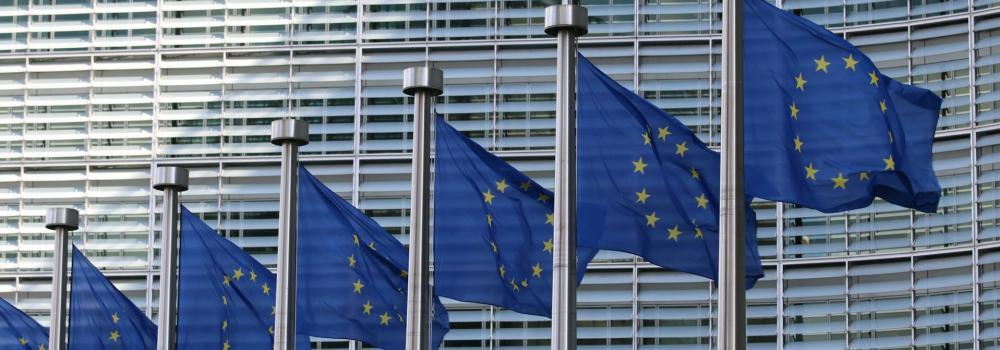The Agency encourages the development of the European panel guidelines for age verification systems on the Internet
- The European Data Protection Board has agreed, at the Agency’s initiative and unanimously, to start work on defining age verification guidelines on the Internet.
- The Agency put forward in December an age verification system that protects children and adolescents from access to inappropriate content by ensuring the anonymity of adults.

Photo of Guillaume Périgois in Unsplash
(15 March 2024). The Spanish Data Protection Agency (AEPD) encourages the development by the European Data Protection Board (EDPB) of guidelines for age verification systems on the internet. This work, adopted unanimously at the initiative of the Agency at a plenary meeting in Brussels, marks the start of joint action by data protection authorities on this subject.
Last December, the Agency presented a Decalogue setting out the principles to be followed by an age verification system, setting out an age verification system to protect children and adolescents from access to inappropriate content while ensuring the anonymity of adults when navigating on the internet.
These principles were complemented by a practical and effective proposal for a system of age verification and protection of minors on the internet from access to adult content, which demonstrated the technical feasibility of protecting minors from access to inappropriate content while ensuring the anonymity of adults when browsing the internet.
Age verification systems currently used on the internet – self-declaration of age, sharing credentials with the content provider, which estimates the age or relying on self-termed third parties of trust – have proven inefficient or have risks such as the location of minors, lack of certainty about the declared age, exposure of identity to different actors on the Internet, mass profiling, collection and processing of unnecessary data, among others.
This week, the Council of Ministers approved the creation of a Working Group chaired by the Ministry for Digital Transformation, involving the AEPD together with other public bodies, which aims to improve the protection of minors when accessing content on the internet by proposing a technological solution that will enable effective age verification while maintaining the highest privacy and data protection guarantees.
The protection of children and adolescents on the Internet is one of the priority action lines for the Agency, as set out in its Global Strategy on Children, Digital Health and Privacy. The AEPD is also part of the expert committee to protect girls, boys and adolescents in the digital environment launched by the Ministry of Youth and Children.